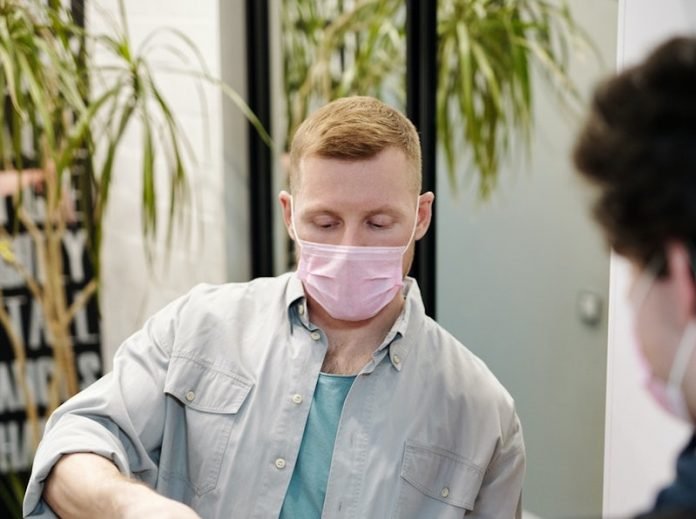
In a new study, researchers found out why men have much worse COVID-19 outcomes than women.
The research was conducted by a team at Yale.
Previous studies have shown that older individuals and males were most at risk of lethal outcomes.
For instance, researchers had just discovered that the gene expression pattern that controls innate immune responses to viral infections, the first line of defense against pathogens, begins to decrease dramatically in men between the ages of 62 and 64.
In women, this immune response begins to wane about six years later in life.
In the study, the team examined the disparate immune responses of men and women to the virus that causes COVID-19 and how age affects these responses.
They found there are several reasons why men are 1.7 times more likely to die from the virus than women.
One of the first explanations comes from basic biology. Women have two X chromosomes, men have one.
X chromosomes are important because they are rich in genes that regulate an immune response.
While one of those X chromosomes in women is silenced, in some cases key genes from both X chromosomes can activate the innate immune system, the early alarm system that detects pathogens.
Essentially, women have immune system reinforcements they can call upon early in infections than men, with their single X chromosomes, don’t possess.
Sex hormones also play key roles in susceptibility to bad outcomes.
In a mouse model of SARS-CoV infection, higher mortality in male mice was observed and attributed to the protective roles of the female sex hormone estrogen.
The presence of estrogen can help suppress ACE 2, a receptor on the surface of many cells that are used by SARS-CoV-2 to enter cells.
Conversely, the male hormone androgen appears to enhance the ability of the virus to infect cells.
A recent study found that men undergoing androgen deprivation therapy for prostate cancer appear to be less susceptible to infection by the COVID-19 virus.
In addition, age amplifies and sometimes sabotages a man’s immune response to COVID-19 infection.
As men in their early 60s begin to lose their ability to mount an initial immune response to the novel coronavirus, often there is also a compensatory overreaction by other immune system molecules that can lead to damaging inflammation.
These inflammatory factors can trigger the so-called “cytokine storm” which can lead to severe damage to lungs and other tissue that is a hallmark of severe COVID-19 cases.
The team says uncovering the details of differing immune system responses of men and women will inform both vaccine development and better clinical treatments.
One author of the study is immunobiologist Akiko Iwasaki.
The study is published in Science.
Copyright © 2021 Knowridge Science Report. All rights reserved.



